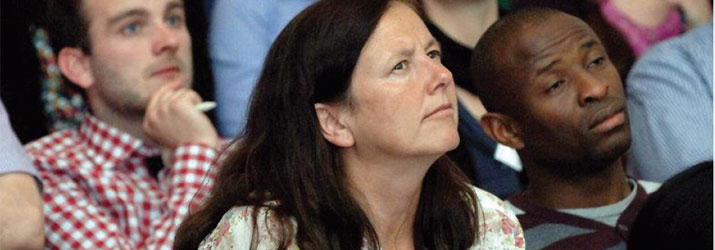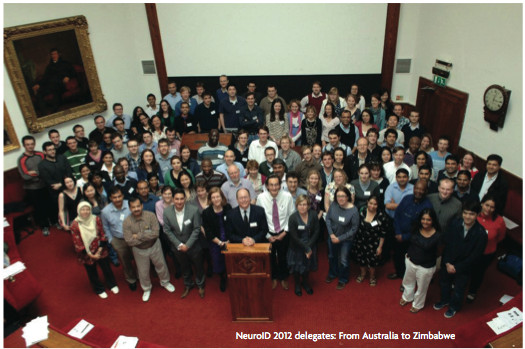
This was the sixth year that Professor Tom Solomon and others have organised this course in Liverpool and yet again all 110 places were sold out.
The delegates were predominantly UK based though some had come from as far as Australia, Africa and Asia, many of the UK trainees were currently working overseas. There was a pretty even split between those practising in infectious diseases and those in neurology with a few paediatricians and laboratory based infection specialists as well. The experience of the delegates was very varied; some were approaching the registrar grade whilst others had been consultants for some time. This must have made pitching the talks quite a challenge. As a final year trainee, on the whole it was just about right.
The two days were divided into numerous short talks around 20 to 40 minutes in length. The approach was very practical and often involved clinical scenarios which I found very helpful. The radiology of CNS infections by Dr Kumar Das stands out as one of the most useful talks from the first day. He took us through CT and MRI changes in neurological infection in a very comprehensive and interactive way. Dr Matt Scarborough talked about bacterial meningitis, his review of the need for imaging prior to lumbar puncture and evidence for adjunctive steroids I have referred back to on several occasions since. We were also lucky enough to hear from Professor Scott Letendre from the University of San Diego, USA. He was the Chief Investigator on the CHARTER study into HIV associated neurocognitive disease and he gave a very comprehensive review of the diagnosis and management of this. The talk on encephalitis from Professor Solomon and Dr Rachel Kneen was very informative. The day was followed by an evening of socialising and dinner in a local restaurant. This was great fun and a good way to catch up with colleagues.
One of the highlights from the Friday was undoubtedly Dr Guy Thwaites talking on TB meningitis. His landmark trial in Vietnam into adjunctive dexamethasone is well known and he took us through the clinical problems with diagnostics and managing this devastating illness which we are all seeing increasingly in the UK. Dr Nick Davies also talked on Friday on peripheral nervous system infections. This was a good talk and in some respects many of us would have liked a little more on lower motor neurone infectious problems.
Preceding the course there was a day of Brain Infections research updates. Those that attended found this a really interesting day and it incited much discussion on the days that followed. In future years this is going to be more integrated into the course.
I would definitely recommend this course to other trainees in neurology and infectious diseases. I have found myself referring back and using the principles I learnt several times over the last month. The pitch of some of the talks was perhaps not quite right for everyone but this is surely inevitable when there is such a variety of experience in the audience. With 110 delegates it was a great environment to ask questions and some of the really useful clinical tips came from these. I also enjoyed getting to know some of my neurology colleagues working in the same trust, spending two days discussing clinical problems away from the bleep has definitely enhanced our clinical interactions on our return to work!

Professor Tom Solomon and Dr Benedict Michael, members of the NeuroID Course Team.
If you are interested in attending next years course it is a good idea to register early.
www.liv.ac.uk/neuroidcourse
www.facebook.com/LiverpoolNeuroIDCourse
Many thanks to Dr Benedict Michael and the other members of the faculty for making the logistics of organising 110 people in a Grade two listed building, look incredibly easy.